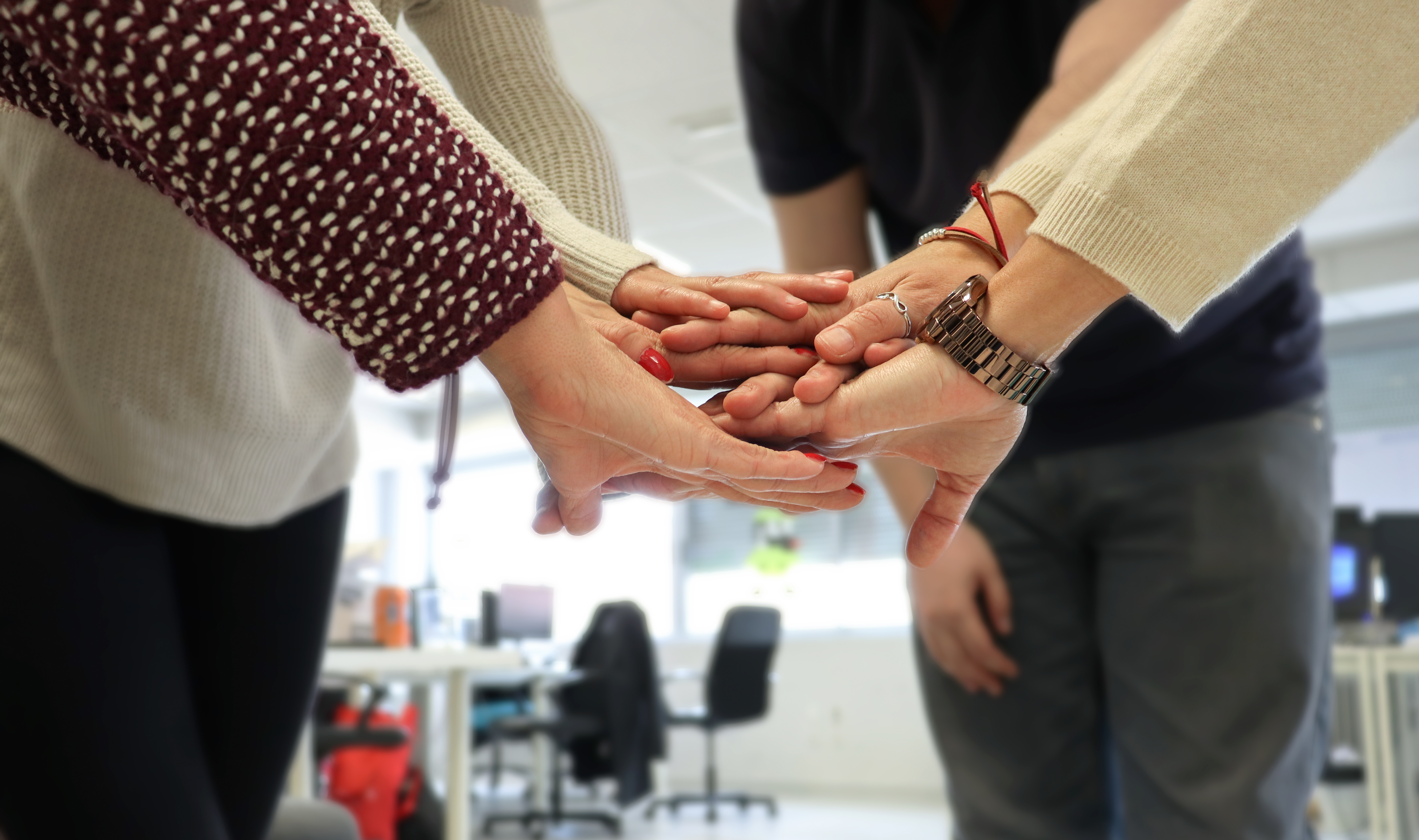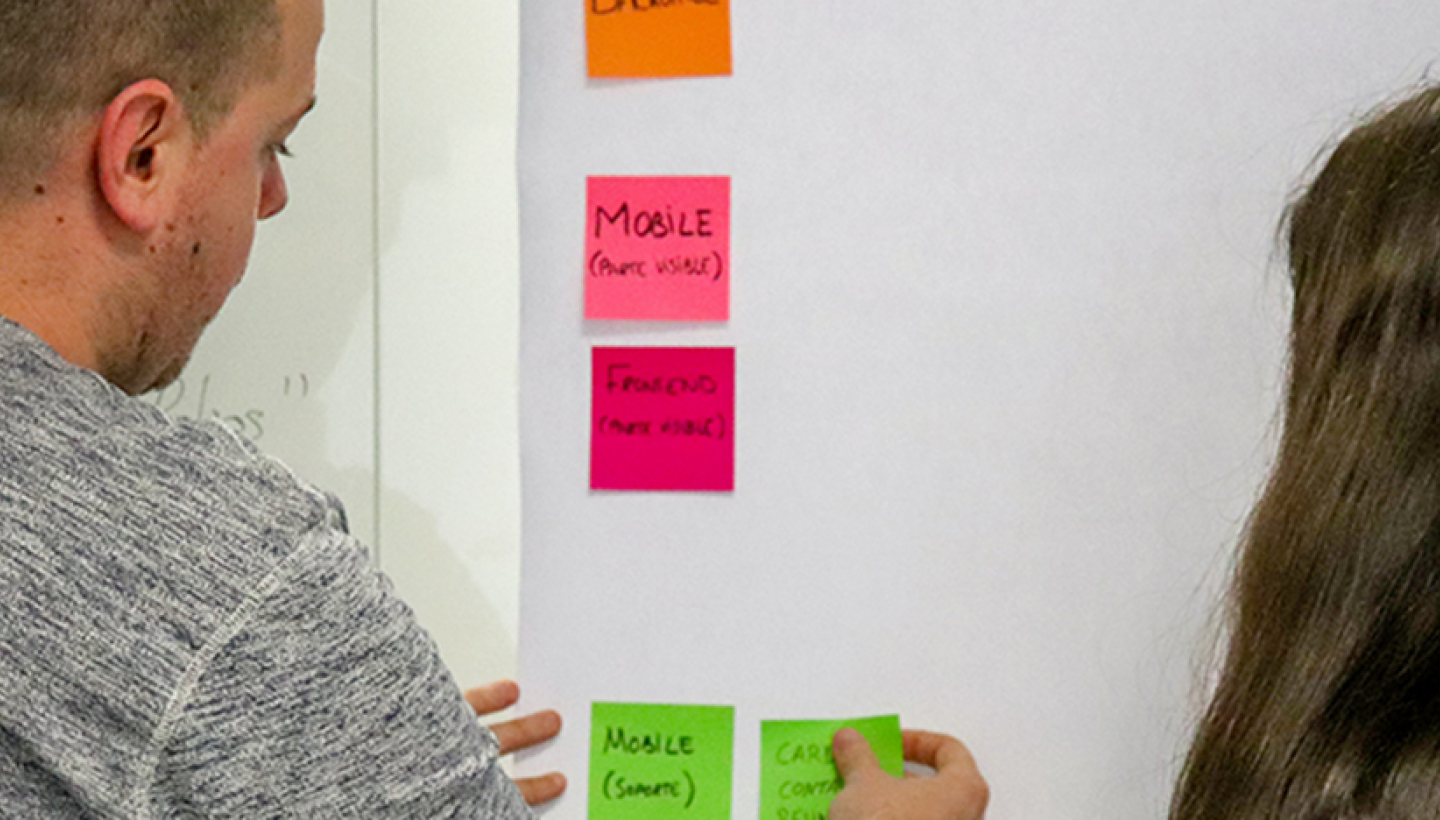When it comes to tradition in communications, this organization is probably the first reference that comes to mind for most Spaniards today, and with over 300 years of experience behind it, the paradigm is what comes to mind.
But paradigms change. Since 2011 this institution, like many others, has taken a great leap forward in terms of technological advancement to meet the demands of the new digital age, and today it operates as a global company with a product description which is one of the most diverse for an entity of its kind worldwide.
It asked Opinno to organize a Bootcamp in Service Design to deliver training on how to improve its current offer of products and services. Service design is about looking at a service and making it meet user´s and customer´s needs; it can either be about improving that service or creating brand new services: this, in turn, helps to promote business transformation.
The concept of Bootcamp is a very intensive dip in a new approach to a particular type of behavior. For participants, it was a 5-day camp and 40 hours of training given to 3 large groups of 16 trainees from 3 different departments of the entity.
At Bootcamp, employees took a complete tour of all aspects of Service Design with the premise of learning by doing.

The bootcamp had the following structure:
Day 1
Understanding innovation and what it really means in the context of services offered by the entity today. Trainees will be given an in-depth look at the first and second stages of Service Design in which we consider obstacles to development, and identify and observe the user and their needs.
Day 2
Analyse the data collected on Day 1 and elaborate on our findings in the ‘synthesis’ stage. Here we will define what the archetypes are as well as detecting the concrete needs of the user according to the map of user behavior.
Day 3
Understand what constitutes the diagnostic tool for designing services and work on the ‘ideas’ stage in which innovative solutions are suggested for user needs.
Day 4
Work to produce definitions of user pathways for the solution devised by participants, and for the design of a business model using the Business Model Canvas – a template. This is a validation stage in which we will assess the hypothesis through experimentation.
Day 5
Embrace the philosophy of validation and experimentation that form part of any process of innovation alongside the rigors of implementing the solution designed by trainees.



